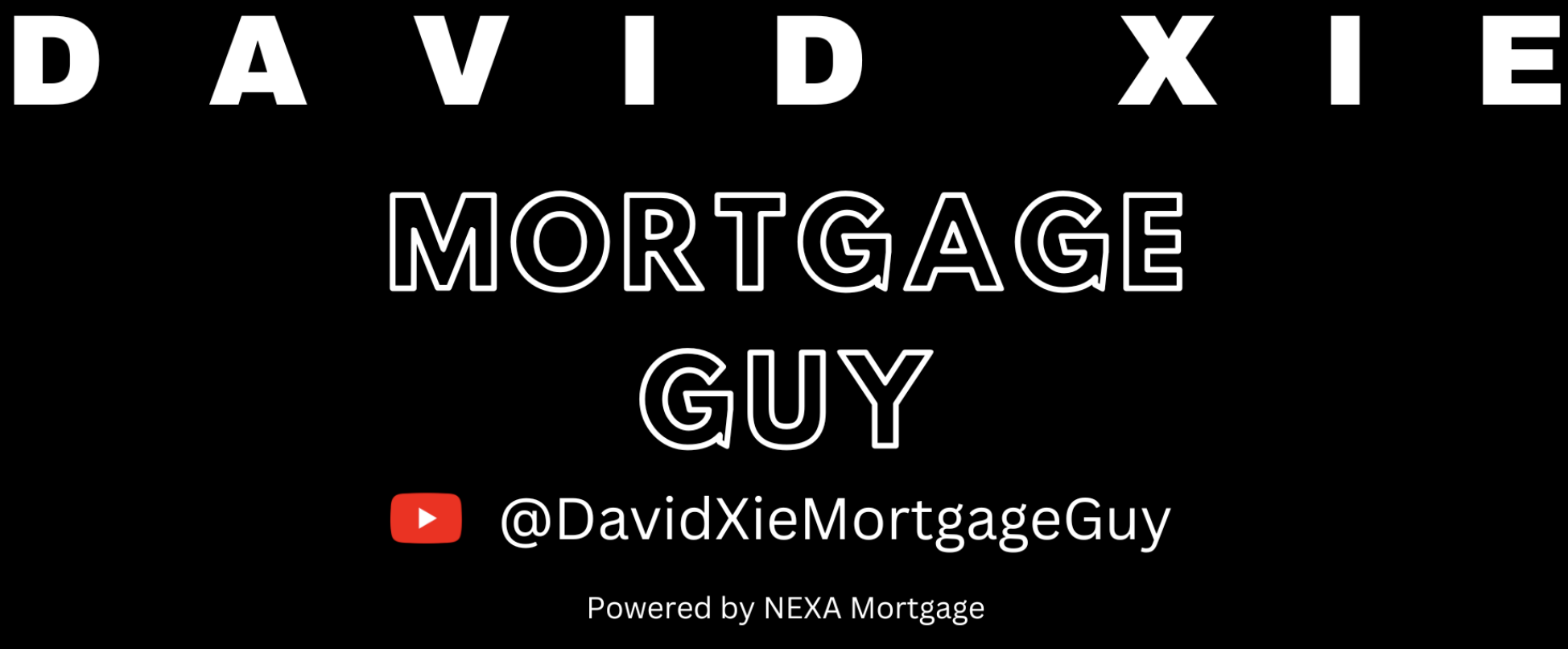How Rising Home Prices Impact Your Ability to Buy a Home Home prices have been…
What to Know about an Earnest Money Deposit
Understanding Earnest Money Deposits in Real Estate Transactions
As you prepare to buy a home, navigating the various terms and concepts can be overwhelming. One of the key terms you’ll encounter early on is the Earnest Money Deposit (EMD). This crucial element of the real estate transaction process plays a significant role, and understanding its function and implications can help you make informed decisions. So, what exactly is an Earnest Money Deposit, and why is it important for buyers and sellers alike?
What Is an Earnest Money Deposit?
The Earnest Money Deposit, or EMD, is a sum of money paid by a buyer to show their serious intent to purchase a property. When you make an offer on a home, include the EMD as a critical component. This deposit demonstrates your commitment to completing the purchase. If the seller accepts your offer, pay the EMD promptly through your real estate agent to take the property off the market.
How Is the Earnest Money Deposit Handled?
It’s important to note that the Earnest Money Deposit does not immediately go into the seller’s pocket. The deposit stays in an escrow account until the transaction finalizes. A legal firm or escrow company manages this account. During this time, the EMD remains secure and does not go to the seller until you complete the final contract. After signing all paperwork and finalizing the sale, the escrow account transfers the EMD to the seller with other proceeds.
Refundability of Earnest Money Deposits
The refundability of an Earnest Money Deposit can vary depending on the terms specified in the purchase agreement. In some cases, the EMD is refundable, meaning that if the transaction does not proceed as planned, the buyer is entitled to get their deposit back. Refundable EMDs provide protection to buyers in situations where the home inspection uncovers significant issues, financing falls through, or other contingencies prevent the deal from closing. In these scenarios, complete the necessary cancellation paperwork to return the EMD to the buyer.
Conversely, some Earnest Money Deposits are nonrefundable. This means that if the buyer decides to back out of the deal, the seller retains the EMD. Nonrefundable EMDs offer sellers additional security, ensuring that even if the transaction fails to go through, they still benefit from the deposit. It is crucial for buyers to carefully review the terms of the purchase agreement to understand the refundability conditions of their EMD.
Importance of Understanding EMD Terms
Understanding the terms and conditions related to Earnest Money Deposits is essential for both buyers and sellers. Buyers should be aware of how their EMD will be handled and under what circumstances they might be eligible for a refund. Sellers should know that a nonrefundable EMD provides a level of assurance in case the transaction falls through. Both parties should work closely with their real estate agents and legal advisors to clearly outline all aspects of the EMD.
In conclusion, the Earnest Money Deposit is a fundamental part of the home buying process. Acting as a gesture of good faith from the buyer and providing a sense of security to the seller. By understanding how EMDs work and their implications. You can navigate the home buying process more effectively and ensure a smoother transaction experience.





